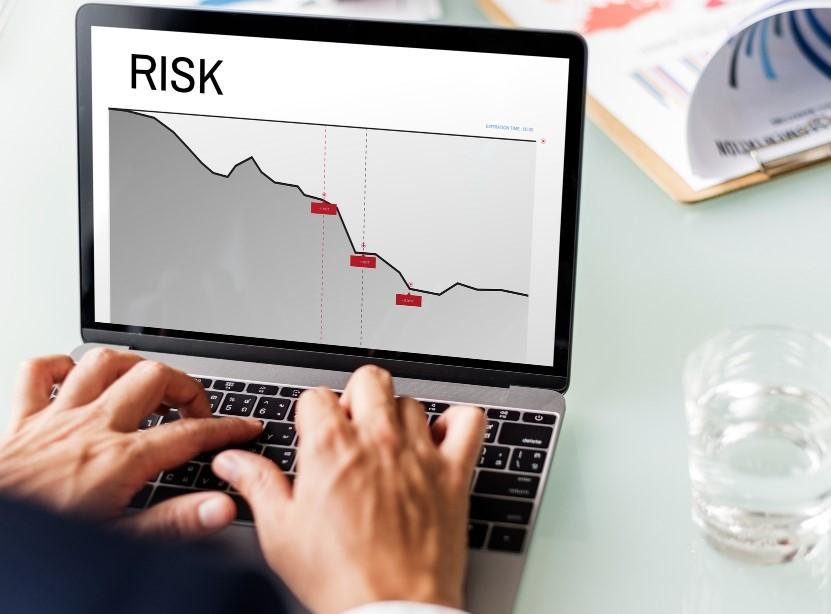In the ever-evolving business landscape, organizations are increasingly relying on external vendors to streamline operations, enhance efficiency, and drive innovation. However, this dependence on third-party vendors comes with its own set of risks, ranging from data breaches to regulatory non-compliance. Enter Vendor Risk Management (VRM), a crucial aspect of modern business strategy aimed at identifying, assessing, and mitigating potential risks associated with external partnerships.
Vendor Risk Management involves a systematic approach to evaluating the potential impact of vendor relationships on an organization's operations, data security, and overall reputation. The process begins with comprehensive due diligence during the vendor selection phase. By thoroughly assessing a vendor's security protocols, financial stability, and regulatory compliance, businesses can make informed decisions and select partners that align with their risk appetite.
Once a vendor is onboarded, ongoing monitoring becomes paramount. Regular assessments and audits help organizations stay abreast of any changes in the vendor's risk profile, ensuring that they continue to meet the agreed-upon standards. This proactive approach not only safeguards against potential disruptions but also fosters a culture of transparency and accountability.
Data security is a primary concern in Vendor Risk Management. Vendors often handle sensitive information, making it imperative to establish stringent data protection measures. This involves assessing a vendor's cybersecurity framework, encryption protocols, and incident response plans. Establishing clear contractual obligations regarding data protection and regularly reviewing these agreements is crucial to maintaining a secure partnership.
Regulatory compliance is another critical facet of VRM. Vendors must align with industry-specific regulations and standards to avoid legal complications and financial penalties. Regular audits and assessments help ensure that vendors remain compliant, reducing the risk of regulatory breaches.
In conclusion, Vendor Risk Management is an indispensable component of contemporary business strategy. By adopting a systematic and proactive approach to assessing and mitigating risks associated with external partnerships, organizations can safeguard their operations, protect sensitive data, and foster resilient vendor relationships in an increasingly interconnected business environment.

